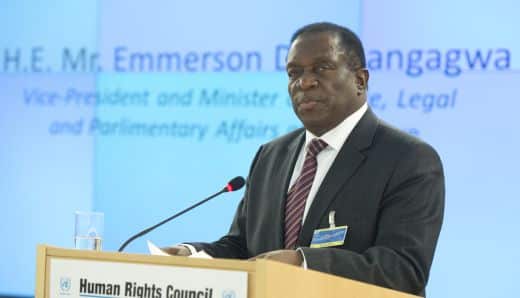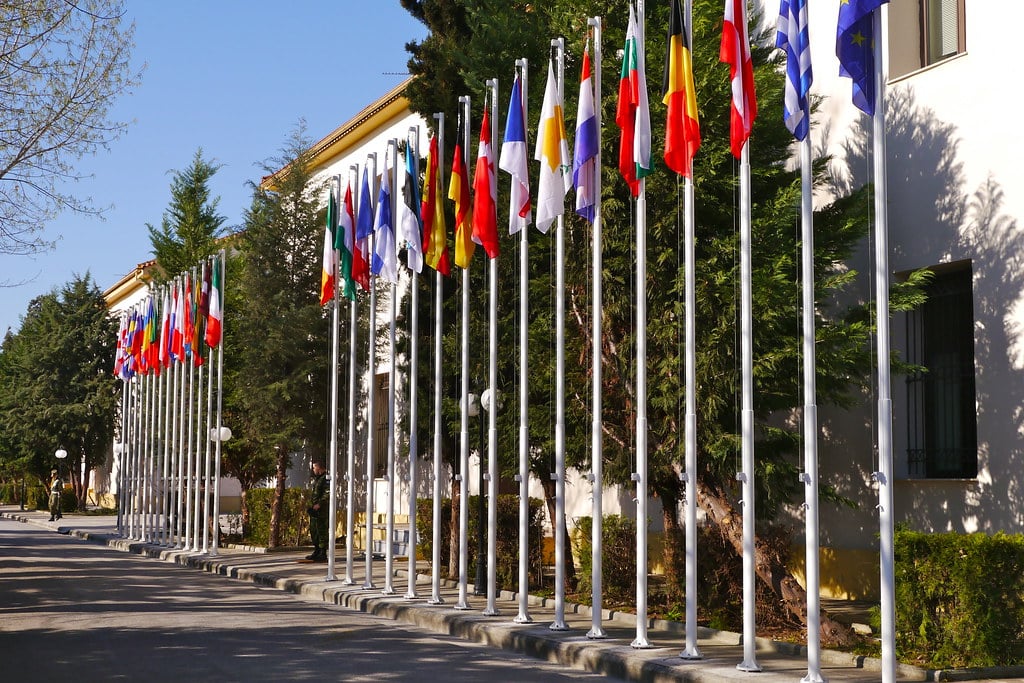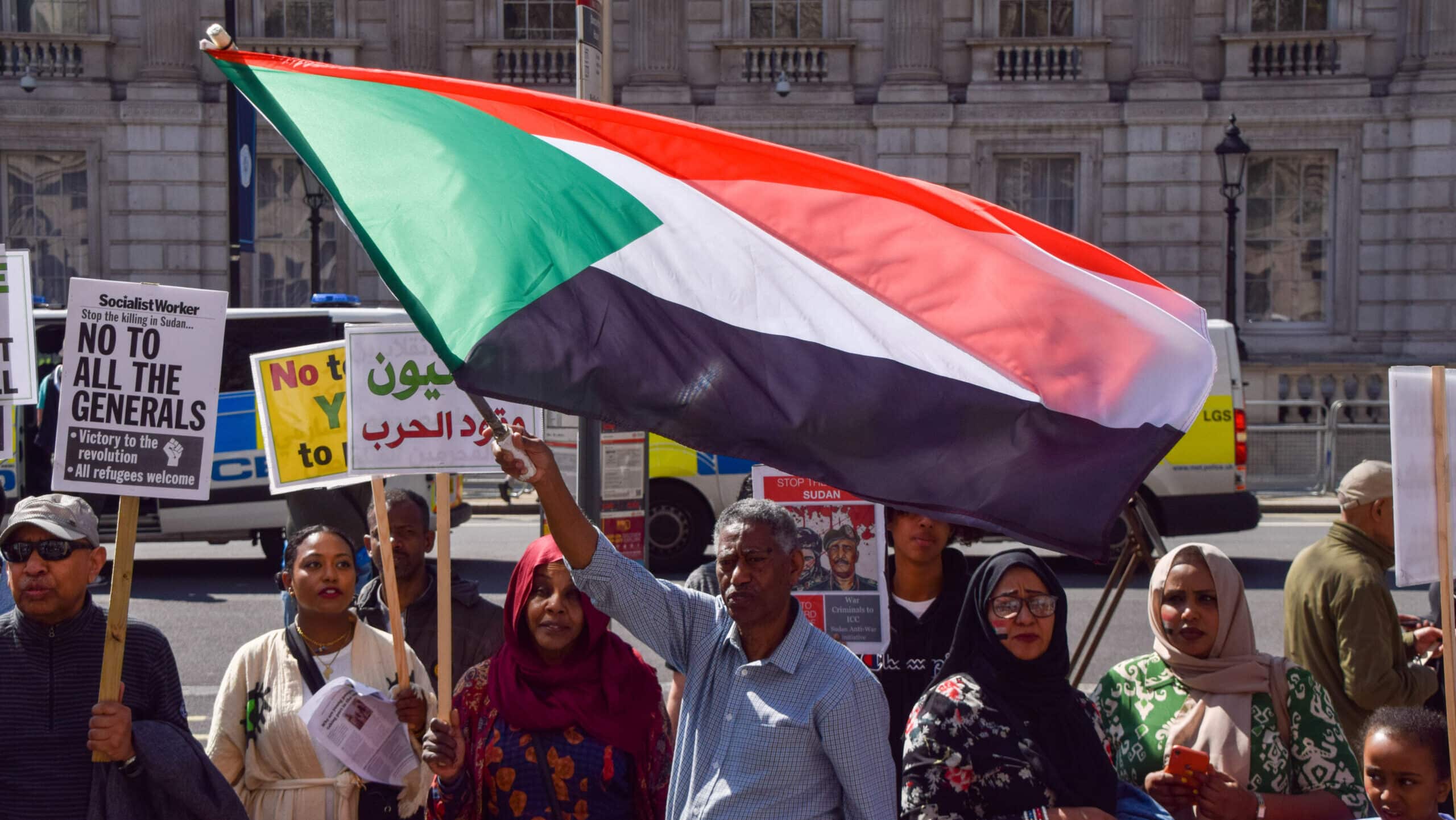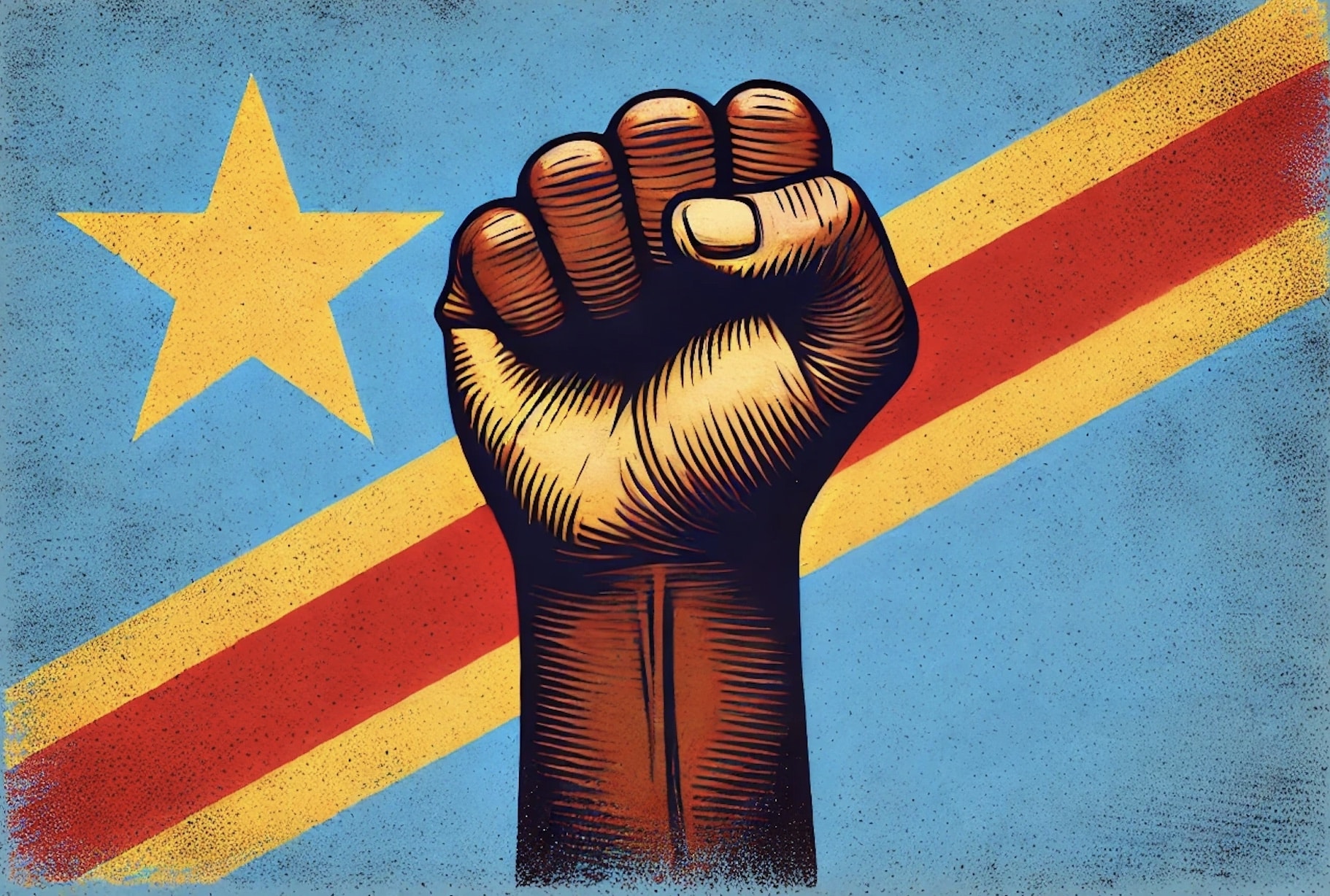On 21 November 2017, there was a big celebration in Zimbabwe as the country was freed from 'mugabism' after 37 years. President Robert Mugabe stepped down against his will, seeing his wife Grace Mugabe's dream of becoming president dashed. Despite his resignation, a wave of uncertainty swept across the country after the celebrations. 75-year-old Emmerson Mnangagwa succeeded him as president and sees himself as a true democrat who wants to drastically reform the country. However, many doubt the democratic landslide he promises.
Mugabism or change
Mnangagwa, Mugabe's shadow, was sworn in as president on 24 November, after the so-called palace coup a week and a half earlier. Surrounded by military and ZANU-PF loyalists, both his party and Mugabe's, he said wanting to be a "president for all citizens of Zimbabwe" during his first speech. Also he promised a complete cultural shift in national politics and economy, followed by subsequent democratic elections in 2018.
However, the culture change seems to have failed, with one controversial leader being replaced by another. 'The Crocodile', as many call Mnangagwa due to his political cunning and controversial past, is not contributing to change with his list of no less than 22 ministers. Much of the old guard still remains part of the new government. Despite having a 'new' cabinet in power, mugabism remains palpable in Zimbabwe and on the international stage.
Western countries are therefore closely monitoring democracy developments in Zimbabwe. President Mnangagwa's response on this is that he will allow the elections, scheduled for this year, to go ahead democratically. In which the new Media Minister, Chris Mutsvangwa, noted that Mnangagwa is the 'Zimbabwean Deng Xiaoping' through his plans to reform the market and foreign policy without any interference from political liberalisation. Patrick Chinamasa, finance minister, pleads for the US sanctions to lapse, therefore, to start rebuilding the Zimbabwean economy with a clean slate.
Chiwenga: from couple leader to vice president
After the swearing-in, he rewarded former Zimbabwe army chief Constatino Chiwenga with an appointment as vice president. Several observers had already expected that Chiwenga would be handsomely rewarded for his leading role in the coup d'état. With his popularity among the military, he is seen as an influential man who will not hesitate to protect his ideals and those of other Zimbabweans. But who exactly is this man and did he really organise the coup to stand up for the interests of the people, or to make a grab for more power and authority himself? Little is coming out about Chiwenga and it remains exciting what his contribution will be to the course of the current president and a new Zimbabwe.
Towards an (un)certain future
Now that Mugabe has been deposed, but can enjoy immunity and his golden handshake of $10 million, Mnangagwa and Agriculture Minister Perrance Shiri have opened the doors reopened for the white farmers. Under Mugabe's leadership, their land was violently taken away from them from 2000 onwards. These reforms disastrously destroyed the country's agriculture, once the mainstay of its economy.
To give the agriculture sector a future again, Shiri said that people illegally occupying or occupying farmland there should leave immediately. The aim of this is to revive white farmers and the once lucrative sector and re-establish the granary of the region. The return of the first farmer, Robert Smart, is therefore seen as a major break with the former president's policies. But will Smart's return lead to the return of other white farmers? Can the leaders govern the country more democratically? And will the country's true potentials be harnessed? The future and direction Zimbabwe will take remain uncertain so far.
Photo: Flickr





